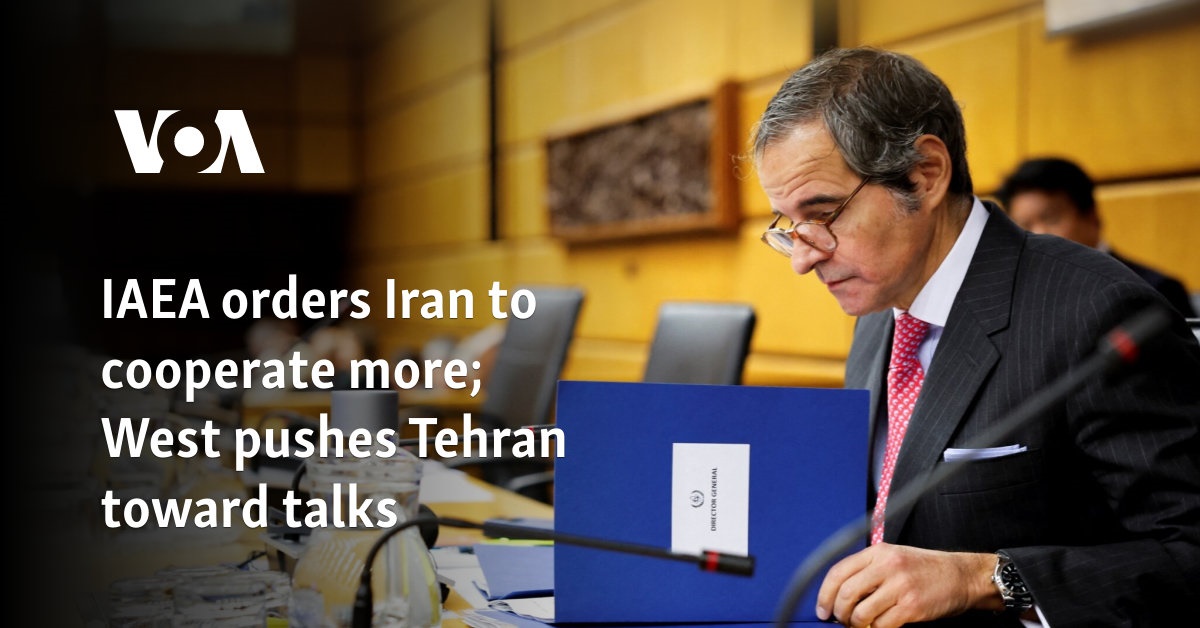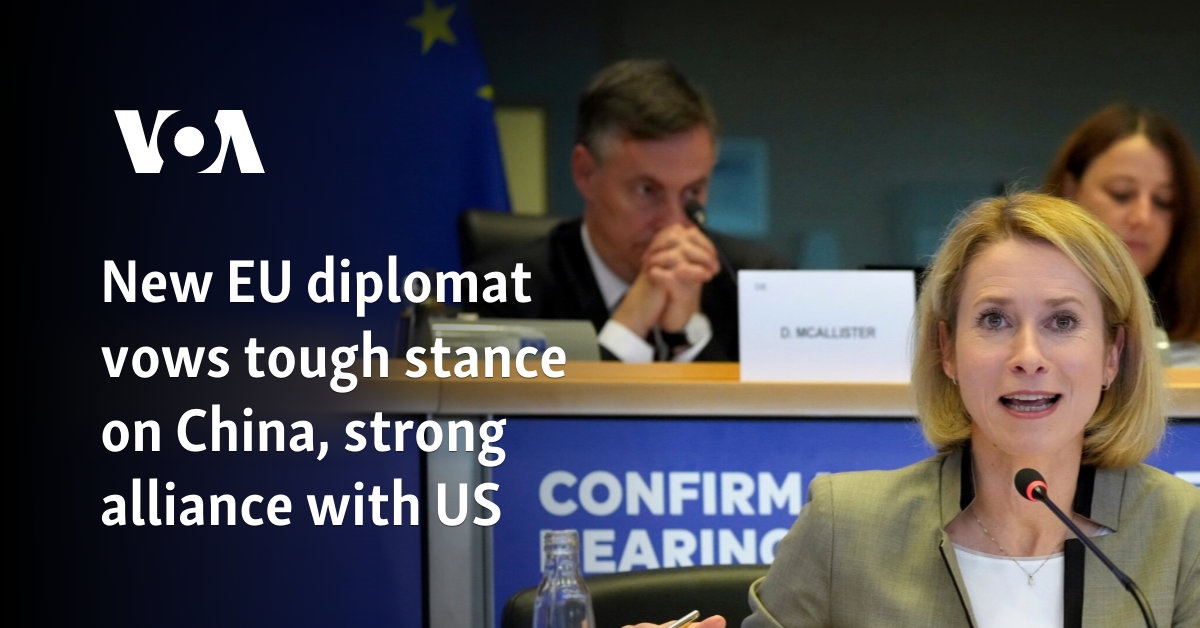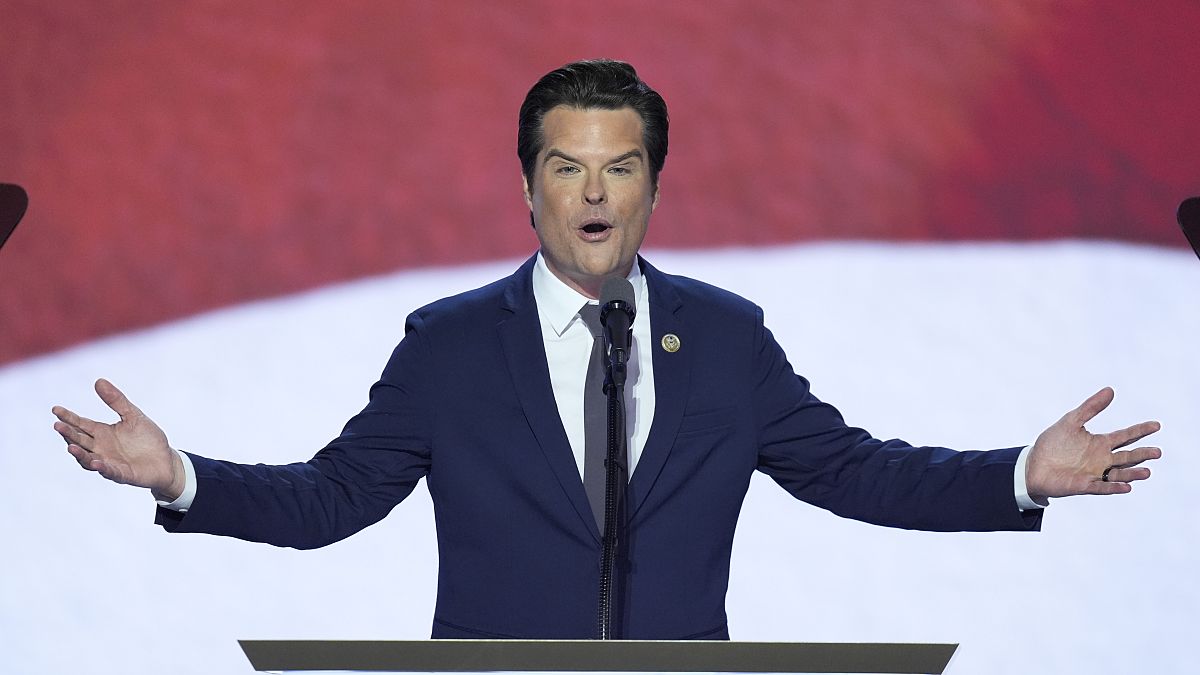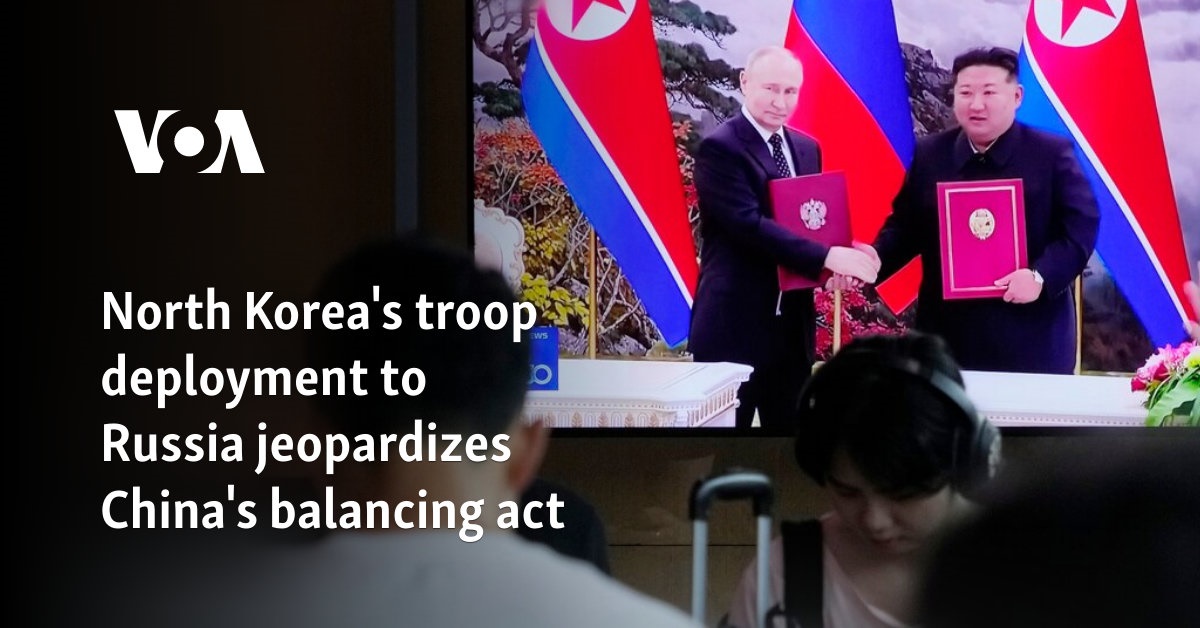Brussels, November 13, 2024 – In a pivotal speech delivered at the European Parliament plenary session, High Representative/Vice-President Josep Borrell addressed the implications of Donald J. Trump’s re-election for transatlantic relations and European security. Borrell emphasized the need for Europe to prepare for a new geopolitical landscape shaped by the American electorate’s choice, which he described as indicative of a profound transformation in U.S. politics and society.
Opening his remarks in Spanish, Borrell stated, “This election is not fortuitous; it demonstrates a deep political and cultural transformation in American society.” He expressed concern over the implications of this shift, noting that the evolving political climate in the U.S. has significant repercussions for Europe, given the interconnectedness of the two regions.
Borrell highlighted the potential geopolitical consequences of Trump’s policies, stating, “This decision by American voters will mark the development of the world as it will be for our grandchildren.” He urged European leaders to remain vigilant and prepared, avoiding a state of paralysis in the face of uncertainty. “We must not show that we are frightened or divided,” he cautioned, acknowledging the varied reactions to Trump’s victory across European capitals.
A significant portion of Borrell’s speech focused on the potential economic ramifications of Trump’s proposed tariffs, which could impose a 10% duty on all European products and a staggering 60% on Chinese goods. He warned that such measures would not only affect European competitiveness but could also lead to inflationary pressures and increased interest rates in the U.S., with ripple effects felt globally.
Turning to security issues, Borrell underscored the importance of maintaining support for Ukraine amid concerns that the new U.S. administration might condition military aid. “We must continue to uphold our commitments to Ukraine and provide the support they need to defend themselves,” he asserted, referencing his recent visit to Kyiv where he met with President Volodymyr Zelenskyy and military leaders. He emphasized that Europe currently provides more comprehensive support to Ukraine than the U.S., a situation that could change if American assistance diminishes.
Borrell identified three critical areas for European focus: Ukraine, the Middle East, and relations with China and Taiwan. He stated, “The way this war ends matters,” stressing that any resolution must involve Ukraine’s participation and agreement. He warned against a potential U.S.-Russia agreement that sidelines Ukraine, stating, “Nothing should be decided without the participation and agreement of Ukraine, which is paying the highest price for this war.”
Reflecting on the broader implications of Trump’s presidency, Borrell called for Europe to take greater responsibility for its own security. “The European Union is not just an economic union; it has military responsibilities,” he noted, urging member states to enhance their defense capabilities and adhere to the Strategic Compass, a framework for EU defense policy.
In his closing remarks, Borrell reiterated the need for a united European response to the challenges posed by the Trump administration. “This is not the end of the world, but the beginning of a different world,” he stated, emphasizing the importance of maintaining strong transatlantic ties while preparing for a potentially more isolationist U.S. stance.
As he concluded, Borrell expressed gratitude for the opportunity to engage in the debate and encouraged continued efforts toward a more united and resilient Europe. “Our prosperity is linked to that of the U.S., and the fight for freedom and democracy continues,” he affirmed.
Borrell’s speech serves as a clarion call for European leaders to navigate the complexities of a changing geopolitical landscape while reinforcing their commitment to collective security and transatlantic cooperation.

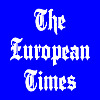 By The European Times | Created at 2024-11-14 10:45:19 | Updated at 2024-11-22 02:12:27
1 week ago
By The European Times | Created at 2024-11-14 10:45:19 | Updated at 2024-11-22 02:12:27
1 week ago
